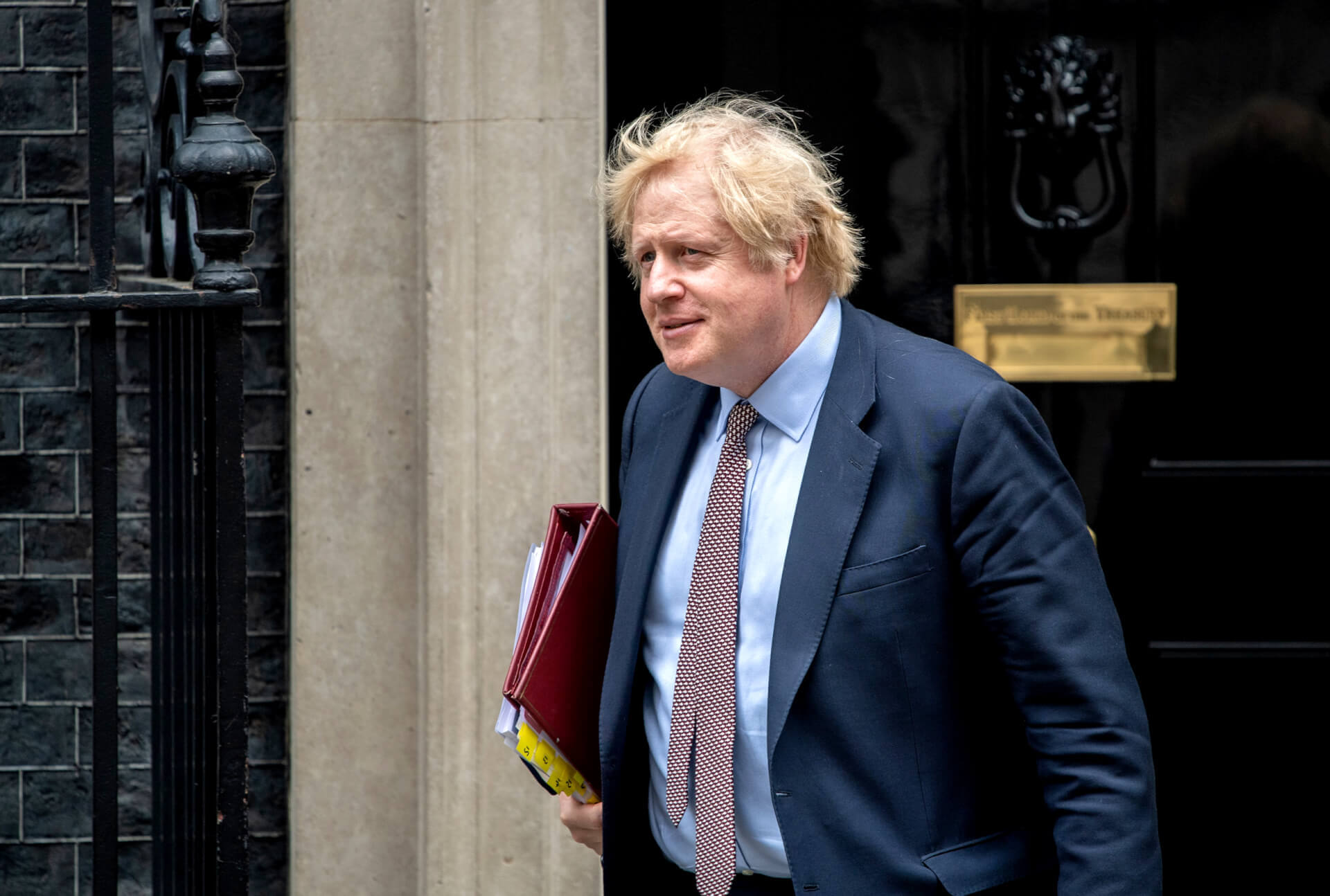UK Prime Minister Boris Johnson said on Wednesday that he would open the door to nearly 3 million people fleeing Hong Kong to live and work in Britain, if China imposes a new national security law on the territory. The law could take effect as early as this month, and would strengthen China’s control over Hong Kong.
Also read: US No Longer Considers Hong Kong Autonomous from China
In an op-ed for The Times of London, Johnson said that the British government will not walk away from the people of Hong Kong, but “honor its obligations and provide and alternative”. He said that the government would “change immigration rules” and grant British national overseas (BNO) passport holders 12-month visas that would allow them to work in the country and put them on a route to citizenship. He claimed that there are roughly 350,000 Hong Kong residents who hold such passports and another 2.5 million who are eligible to apply for them.
Hong Kong was previously a British colony that was handed back to China in 1997. An agreement signed at the time affords the semiautonomous territory some freedoms that are not common in mainland China, which are laid out in a constitution-like framework called the Basic Law. The aforementioned agreement was registered with the United Nations, and the UK considers it legally binding. However, China has argued that the handover in 1997 effectively rendered it void.
Also read: China Rebukes International Criticism of Proposed New Security Law in Hong Kong
BNO passports were given to all those born in Hong Kong before the handover. Though the passport gives the holders the right to some protection from British foreign service, it currently does not allow them to live or work in the UK.
British Foreign Secretary Dominic Raab said on Tuesday that the UK has also asked Australia, New Zealand, US and Canada to help handle a potential “exodus” of people from Hong Kong.
Unsurprisingly, China has strongly rejected the idea, with the foreign ministry accusing the UK of “gross interference” in its internal affairs. Foreign ministry spokesman Zhao Lijian told Britain to “to step back from the brink, abandon their Cold War mentality and colonial mindset, and recognize and respect the fact that Hong Kong has returned [to China]”.
Also read: China Accuses US of Hypocrisy Over Hong Kong, Points at Domestic Unrest and Riots
The Chinese government also warned that the UK’s move would “backfire”. The move could have serious repercussions for the UK’s economic agenda in a post-Brexit future. Now out of the European Union, Britain is looking to forge strong trading partnerships with economic powerhouses, and China is definitely high up on that list. In fact, Chinese state-run media outlet The Global Times said that the British are “are complicating a much-needed deal, threatening to inflict substantial damage on their own economy.” In the face of the crippling impact of the novel coronavirus, the agency claimed that “One more thing British politicians may be mistaken about is which country needs the free trade agreement more”.
In late May, an article in The Global Times warned that support for the US could result in a “fatal blow” to Australia’s economy. Amid what Chinese officials have referred to as a ‘new Cold War’, the article said, “It would be extremely dangerous for Canberra to become a player in a diplomatic club led by the US, given Australia’s high dependence on the Chinese economy.” It added, “Australia's economic deterrent force is much smaller than the US’, so China to some extent will enjoy more room to fight back against Australia with countermeasures if Canberra supports Washington... it means Australia may feel more pain than the US.” Thus, these latest warnings to the UK are firmly in line with China’s existing policy of economic coercion.
PM Johnson’s comments also drew criticism from leaders in Hong Kong, with Carrie Lam accusing foreign critics of “blatant double standards” over Beijing’s decision, and claimed that it was “within the legitimate jurisdiction of any country to enact laws to protect and safeguard national security”. Speaking to reporters, she added, “Why should they object, resist or even condemn and take sanctions against Hong Kong and the People’s Republic of China for taking similar actions?”
Image Source: NBC News

